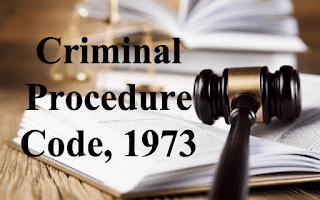The Supreme Court of India in Atul Tripathi v. State of Uttar Pradesh & Ors., reported in (2014) 9 SCC 177, where the legal position has been summed up at paragraph 15, which reads as follows :-
1. The appellate court, if inclined to consider the release of a convict sentenced to punishment for death or imprisonment for life or for a period of ten years or more, shall first give an opportunity to the Public Prosecutor to show cause in writing against such release.
2. On such opportunity being given, the State is required to file its objections, if any, in writing.
3. In case the Public Prosecutor does not file the objections in writing, the appellate court shall, in its order, specify that no objection had been filed despite the opportunity granted by the court.
4. The court shall judiciously consider all the relevant factors whether specified in the objections or not, like gravity of offence, nature of the crime, age, criminal antecedents of the convict, impact on public confidence in court, etc. before passing an order for release.
See Also : Sunita Devi v. State of Bihar, 2018 (2) RCR (Criminal) 130

Comments
Post a Comment